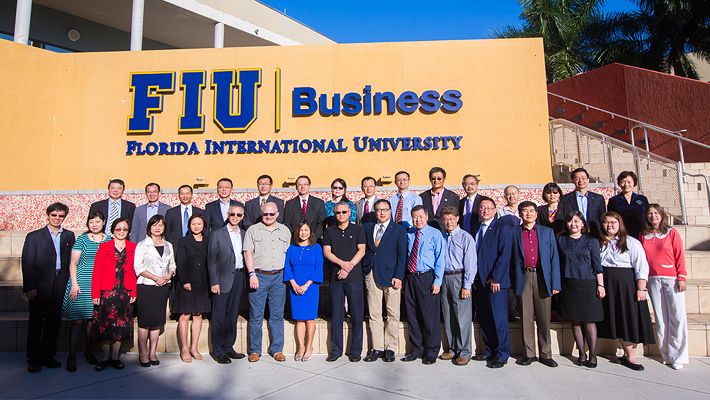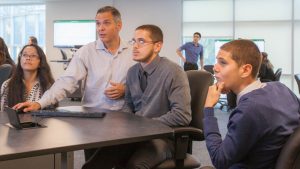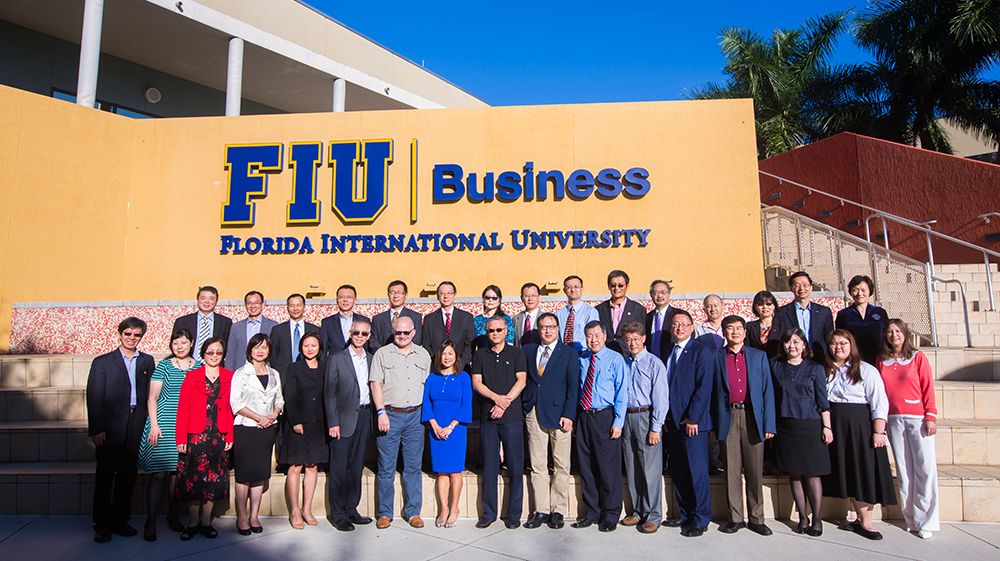
Members of the Council of Chinese American Deans and Presidents (CCADP) converged on Miami and FIU Business on October 19 – 21 for the group’s annual forum on “Data Driven Leadership”. Dean Joanne Li, who was installed as CCADP’s new president during the forum, joined FIU President Mark Rosenberg in welcoming nearly thirty members to the gathering, which had a dual focus of professional and personal development.
“We are so excited to have the opportunity to hold our annual conference at Florida International University,” said Ming Li, outgoing CCADP president and dean of the College of Education and Human Development at Western Michigan University. “The annual conference is an opportunity for membership to share ideas, rekindle friendships and build new ones. At the same time, we also talk about issues and facing challenges.”
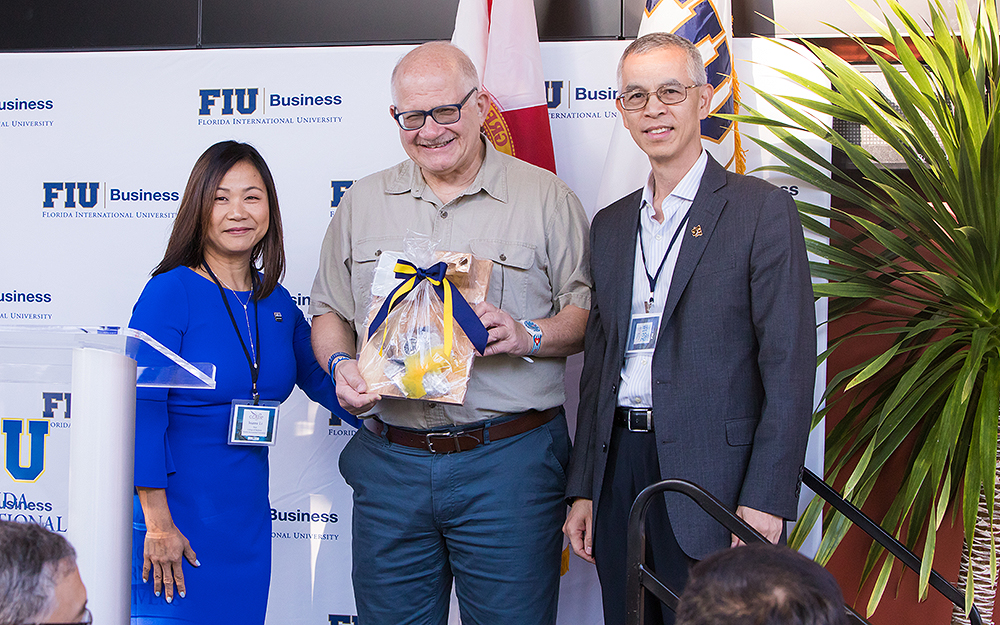
Speakers and moderators included Marjorie Lyles, distinguished research fellow of international business at FIU Business, John Lynch, senior associate dean for faculty and research at the Leeds School of Business at the University of Colorado Boulder, Honggang Yang, dean and professor at Nova Southeastern University’s College of Arts, Humanities and Social Sciences, and Paul Hsun-Ling Chou, co-managing director in the Global Education at Korn Ferry. The group also heard from Elizabeth Bejar, FIU’s senior vice president for academic and student affairs, who presented the university’s data driven approach to meeting the Florida Board of Governor’s metrics, and its success in achieving a #2 ranking for FIU this year.
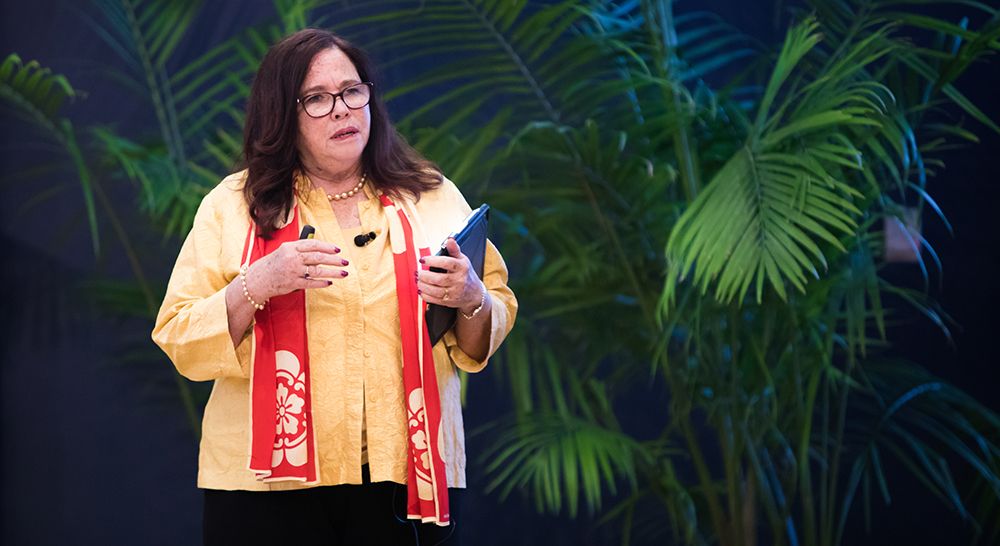
“This year’s program was designed to help college deans and presidents better understand how data can drive successful decisions in higher education and to provide insights into managing their own career trajectories,” said Dean Li. “We were also very excited to show off all that FIU Business and Miami have to offer by visiting FIU’s Brickell campus, sampling the food and seeing the sights.”
As Li takes on her new leadership role with CCADP, she anticipates a year of extensive activity for the council, including a drive to gain new members and the development of a more structured fellowship program to promote the succession of diverse leadership in higher education.


